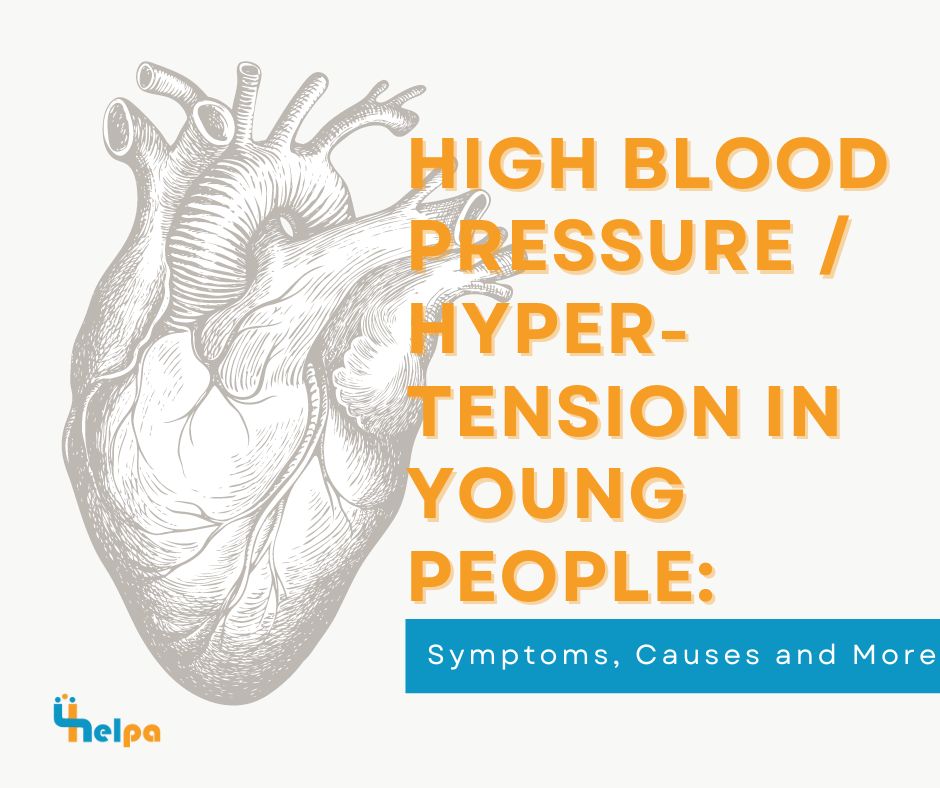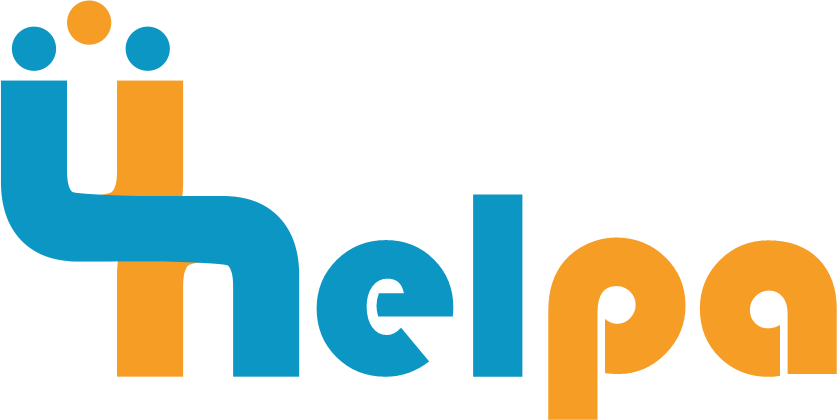
You must have encountered the term “hypertension,” whether in an article or book, a conversation, or elsewhere. With over a billion people affected globally, you’re bound to know or hear about someone living with the condition—and that is why you must have adequate knowledge of the disease.
High blood pressure, also known as hypertension, is a medical condition in which blood exerts higher than normal force against the wall of the blood vessel. It is a chronic disease in which the blood pressure is persistently elevated. In such a situation, the heart has to work harder to pump the same amount of blood.
In this article, you’ll learn what numbers are considered high blood pressure, associated symptoms of hypertension, causes and risk factors, complications, prevention and management of the condition.
What blood pressure is considered high?
Any blood pressure value of 140/90 or higher is known as Stage 1 hypertension.
The normal blood pressure is 120/80. The top number is known as systolic blood pressure and is measured when your heart contracts. While the bottom number is known as diastolic blood pressure, and it is recorded when the heart relaxes.
A blood pressure of 180/120 is a hypertensive urgency.
To make a diagnosis of hypertension, the blood pressure must be consistently high on two or more separate occasions.
How you feel when your blood pressure is high
Hypertension doesn’t usually show symptoms, which is why it’s regarded as a silent killer. It tends to present symptoms mostly when the blood pressure is really high and might point to impending or ongoing complications. These symptoms include;
- Headache
- Blurry vision
- Shortness of breath
- Nosebleed
- Palpitations
- Chest pain
- Nausea and Vomiting
- Fatigue
The presence or absence of the above symptoms doesn’t confirm or rule out hypertension. They could be an indicator of an entirely different condition.
The most accurate way to know if you have high blood pressure is to measure it using a sphygmomanometer.
Types of Hypertension
The two main types of high blood pressure are;
- Primary (or essential) hypertension: This type has no known or direct cause. It develops over years due to an accumulation of risk factors. Most adults who have high blood pressure have the primary type.
- Secondary hypertension: This type of high blood pressure has a traceable cause. Conditions that may result in secondary hypertension include thyroid diseases, adrenal tumours, kidney diseases, and congenital heart diseases. If the primary cause is resolved, the blood pressure almost always returns to an optimum level.
What triggers hypertension?
Your blood pressure is determined by the volume of blood your heart pumps and by how hard it is for blood to flow through the blood vessels. Any condition, medication or habit that affects any of the above two factors will increase your risk of hypertension.
Most cases of hypertension have no known cause. However, here are some risk factors that predispose people to developing hypertension;
- Age
The risk of high blood pressure increases with age. Young people have flexible and elastic arteries and veins. However, as you age, the walls of your blood vessels become stiffer and narrower, thereby raising one’s blood pressure. This explains why babies to teenagers rarely suffer hypertension. In addition, with increasing age, the effects of unhealthy lifestyle accumulate and begin to manifest.
- Race
Black people are more affected by hypertension. They tend to develop it earlier than White people.
- Obesity
Excessive weight gain can affect multiple organs and systems in the body. It results in significant changes in the vessels and heart. For instance, obesity predisposes one to high cholesterol levels which become deposited in arteries and veins. Accumulation of these over time will lead to atherosclerosis, a condition in which arteries are stiff and smaller. Ultimately, this raises the blood pressure.
- Excess salt in diet
Too much sodium—the main composition of table salt—can cause the body to retain fluid, which increases blood volume. An increased blood volume contributes to elevated blood pressure.
- Smoking
Smoking or chewing tobacco and inhaling shisha is a major risk factor for hypertension. Tobacco injures and speeds up the hardening process of blood vessels. To prevent hypertension, it is important to lower your tobacco exposure to the barest minimum.
- Excessive alcohol consumption
Excess alcohol consumption is linked to high blood pressure, especially amongst men.
- Family history
There is an increased likelihood of someone developing hypertension, if their parents or siblings have it.
- Existing chronic diseases
Medical conditions such as chronic kidney disease and diabetes can predispose to hypertension.
- Lack of physical activity
Exercise plays a major role in keeping our heart and body fit and healthy. Excess weight gain may set in, if you practise an inactive lifestyle. So, a sedentary lifestyle can directly and indirectly increase your risk of hypertension.
- Stress
Stress itself is not the culprit, but the effect and poor management of stress. Lack of sleep, excess alcohol and caffeine consumption, smoking, and lack of exercise can all increase one’s risk of hypertension.
- Pregnancy
Pregnancy can result in hypertension for some women, especially first time mothers and women carrying multiple fetuses. Typically, this hypertensive resolves after childbirth. Women who experience hypertension during pregnancy for the first time are likely to become hypertensive in future.
An overwhelming majority of the risk factors above are related to lifestyle practices. Reducing or eliminating some of them will significantly bring down your chances of becoming hypertensive.
How to manage hypertension
Hypertension has no cure. It is a chronic condition that can be managed effectively. The mainstay of hypertension treatment is antihypertensive medications which are taken on a daily basis.
The drugs will reduce your blood pressure and maintain it within an optimum range to prevent ugly complications, such as heart attack, stroke, heart failure, and loss of vision. Controlling your blood pressure as a young person is easy especially when you don’t have any underlying heart diseases.
Takeaway
Hypertension is a chronic condition without cure whereby blood pressure value is 140/90 or more. Nevertheless, it can be prevented where risk factors exist and managed with antihypertensives.
